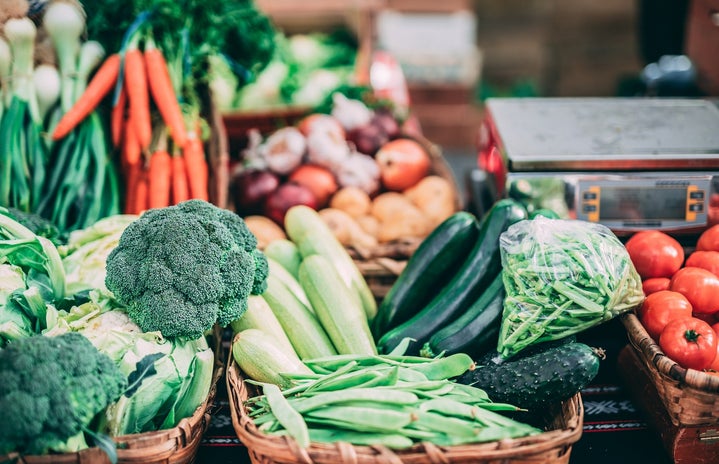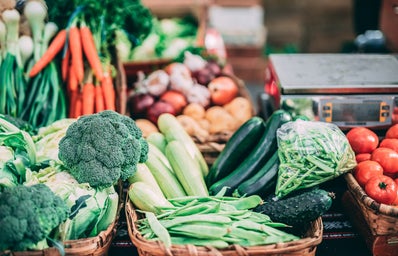Stress and anxiety are something that most people will deal with in their lives, and at its worst these mental health concerns can begin to impact other parts of your life, such as appetite. Before I dive in to how I’ve managed my struggles with appetite and anxiety I want to start this article with an important disclaimer: I am not a licensed therapist and everything I share is only from my own experience. If you or someone you know is struggling with low appetite as a result of mental health, it is important that you seek help from a professional, as not eating enough can become dangerous quickly. I have dealt with this type of anxiety for years and am very familiar with how it impacts my body.
All the tips I share are things I have discussed with a therapist in the past, but that does not mean they will all work for you. Free counseling and consultation is available to students at UH Mānoa, please consider seeking them if you are at risk. With that out of the way, here is how I’ve been dealing with appetite loss.
For me, stress and anxiety have always come in waves. Often, my anxiety is low-grade and manageable for me on a day-to-day basis. In fact, I often find that my anxiety works for me as a motivator and sometimes it feels like it’s an asset. At other times, especially during periods of change, my anxiety crushes me. My stomach becomes tensed in knots and the only thing I can feel for sure is fear. After a while, the feelings of stomach aches, period cramps, hunger and fullness all start to feel the same. I feel my body and mind weaken, but my stomach resists food. Sometimes I feel an immediate aversion when I start eating and I will gag. It can be really hard to go out to eat with friends and loved ones, and sometimes it takes me hours to finish a meal. Over the past semester, I have had this feeling come and go for me in waves.
All this being said, over the years I’ve learned the coping mechanisms I need to manage it. Usually, they revolve around distractions. Sometimes I listen to the soundtrack of my favorite musical and sing all the words out loud to clear my head. Other times I ask for someone to talk to me while I eat. I have also learned to accept that as long as my nutrition is good overall, if there’s some days where I can only stomach crackers and applesauce it’ll be okay. Sometimes I can only eat carbs, or I can’t chew and swallow at all and have to go on a liquid diet. I’ve had days where I can only eat salads and French fries, followed immediately by days where I want only the most exotic and interesting of foods.
But if there is anything I have learned about myself over this past semester, it’s to give myself grace. We are all our best and worst selves and loving ourselves at our lows is half the battle. I always try to think that even though it’s happening in my head, my feelings and fears are real and valid, and having them doesn’t make me broken. I challenge everyone reading this who is struggling with physical manifestations of your mental health to give yourself grace. I’ve accepted that my love-hate relationship with food is a part of who I am, and it has made me a stronger person.
Once again, if you or someone you know is struggling to eat, it is important to seek help as malnutrition and weight loss can become damaging suddenly. For me, accepting that I need to see a therapist again has been the most important step towards recovering my appetite. As always, stay safe and healthy out there.

